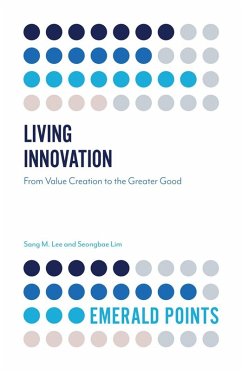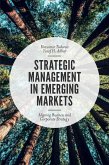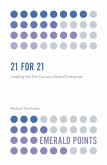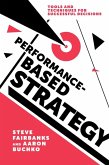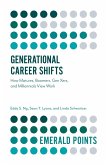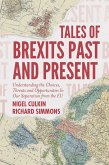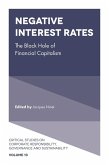The concept of innovation is always changing. Innovation systems are no longer rigid structures, but agile and self-healing systems. And the goal of innovation is no longer limited to value-creation for organizations, but often aims for much nobler goals: namely, creating a smart future where people are happy, where organizations thrive, and where the environment flourishes. The emerging innovation paradigm for building a smart future is the practice of lived innovation. Here innovation and knowledge management experts Sang M. Lee and Seongbae Lim offer a roadmap to these new territories and their futures. Drawing upon real-world examples from across the globe, they explain the fundamentals of innovation; they introduce emerging innovation tools such as convergence management, co-creation, and design thinking; and they outline a new innovation strategy, co-innovation, by which many partners and stakeholders collaborate to achieve shared goals. Along the way, they also examine several daunting, negative impacts of innovation in the digital age---job losses, wealth inequality, and sustainability and environmental issues---in order to demonstrate why innovation must focus on the greater social good.Living Innovation is essential reading for business executives, public administrators, innovation researchers, and anyone eager to confront major twenty-first-century challenges in new ways.
Dieser Download kann aus rechtlichen Gründen nur mit Rechnungsadresse in A, B, BG, CY, CZ, D, DK, EW, E, FIN, F, GR, HR, H, IRL, I, LT, L, LR, M, NL, PL, P, R, S, SLO, SK ausgeliefert werden.

